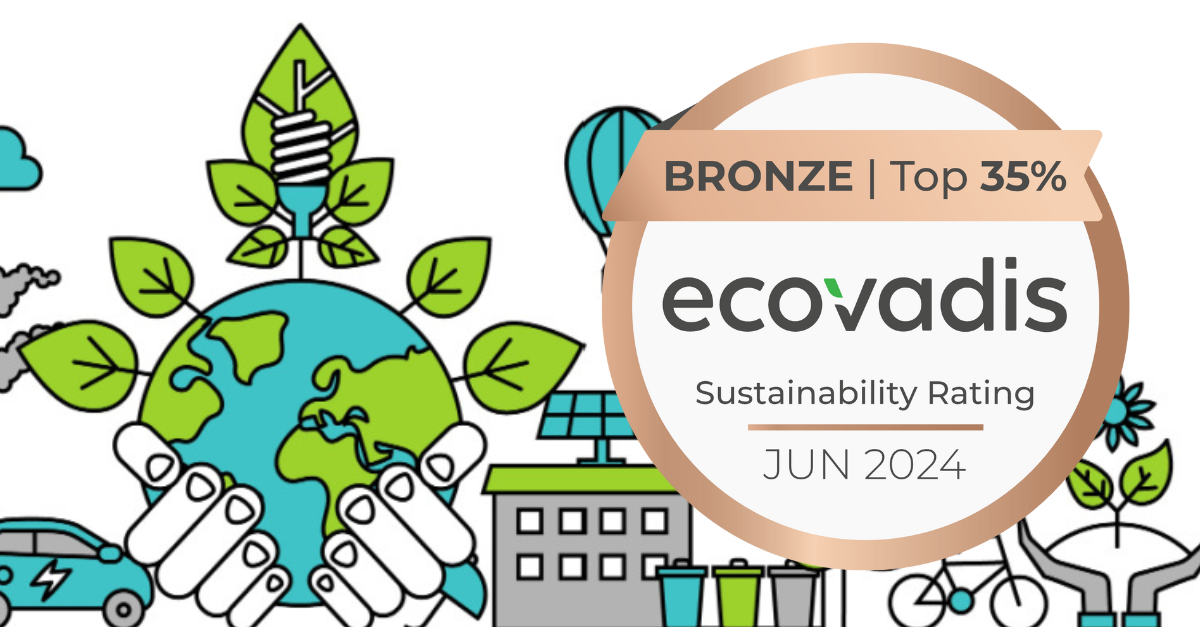The ongoing drive to combat climate change is not only encouraging growth in existing green sectors but is also leading to the development of entirely new fields. J A Kemp attorneys are working with clients to secure protection of their innovative intellectual property across the sector.
Our clients in this field include start-ups, universities, research institutions and multi-national companies. We have experience working with clients in a wide range of cleantech-related technologies. As just a few highlights, we lead work on carbon capture utilisation and storage, hydrogen production, methane reforming, battery technologies, fuel cells, bio reactors, biofuels, plastics recycling, combined heat and power systems, air purification technologies, water treatment and gene editing technologies to improve food security.
Here are some examples of our clients’ work in this area.
- Transforming a variety of waste feedstocks into materials such as sustainable fuels, fabrics, packaging, and other products for a future where consumers are not dependent on virgin fossil feedstocks for everything in their daily lives.
- Developing an advanced electrode coating for alkaline water electrolysers to make hydrogen generation more cost effective and help accelerate the growth of the hydrogen economy, allowing for the development of new, clean energy solutions that will benefit humanity for generations to come.
- Producing carbon-neutral e-fuel and wax, based on synthetic hydrocarbons using renewable energy, water and CO/CO₂. e-fuel provides a cost-effective solution for decarbonising the aviation industry.
- Using leading technologies, such as CRISPR gene editing, to accelerate the development of crop varieties like bananas, coffee and rice and make them better suited to the growing environment. This allows farmers to produce more food, and have greater flexibility to overcome the increase of crop diseases brought on by climate change, closing the gap between food scarcity and food waste.
- Developing a SaaS product suite for real-time whole life carbon (WLC) analysis aimed at addressing the embodied and operational carbon impact of construction, in particular focusing on the pre-design stage of new buildings to provide optimised low embodied and operational carbon designs with the potential for carbon reductions of up to 40 per cent.
- Using an innovative fungal protein to produce innovative food products. Its production uses 99 per cent less land and 99 per cent less water than beef production, with none of the methane emissions produced by cattle; produces circa 94 per cent fewer greenhouse gases; and does not require fertilisers, pesticides, antibiotics, or hormones.
- Harnessing genetically modified cyanobacteria to provide affordable, saleable carbon capture. The biological product facilitates the unique potential for rapid scale-up.
If you would like to arrange a call or meeting with one of our Cleantech Hub Team, please complete this form.
You might also be interested in our Green Energy and Climate-tech specialism.
